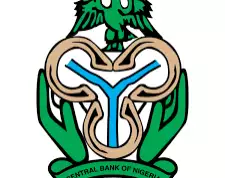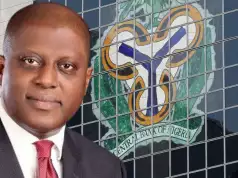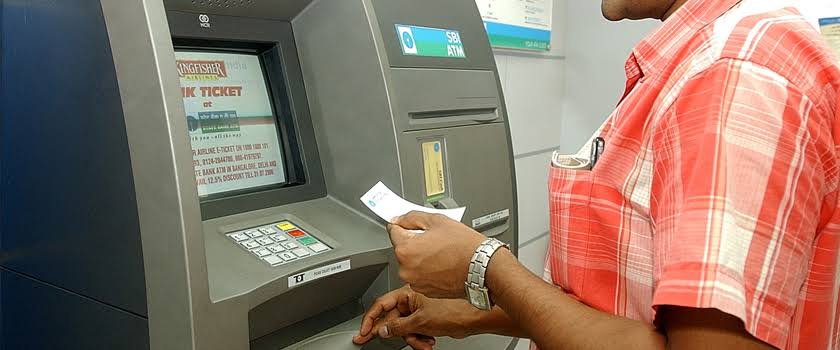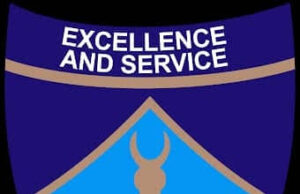The Central Bank of Nigeria (CBN) has depreciated the Naira to N631 per dollar, up from N461.6 sold at the Importers and Exporters (I&E) window the day before, according to Daily Trust.
The devaluation occurred 48 hours after President Bola Ahmed Tinubu announced federal government plans to unify the country’s exchange rate in order to promote the economy.
In his inaugural speech, minutes after he was inaugurated as the 16th president of the country, Tinubu said, “Monetary policy needs a thorough housecleaning. The Central Bank must work towards a unified exchange rate. This will direct funds away from arbitrage into meaningful investment in the plant, equipment, and jobs that power the real economy.”
The I&E window and the parallel market have had a broad margin, which analysts say has fostered round-tripping with Bureau de Change operators.
As a result of the problem, the CBN has devised multiple steps to curb the practice, including a complete halt to the supply of FX to BDCs.
At the presidential palace on Tuesday, President Tinubu met with the highest echelon of strategic institutions, including CBN Governor Godwin Emefiele.
The outcome of the briefing was not disclosed by either the presidency or Emefiele at the end of the meeting. However, it was reported that the exchange rate was discussed at the conference.
Mele Kyari, Group Chief Executive Officer of Nigerian National Petroleum Company Limited, also met with the President. It was gathered that the abolition of the gasoline subsidy was considered.
However, according to Daily Trust findings, when the weekly auction for foreign exchange resumed, the apex bank sold the spot rate to banks on behalf of their customers at N631 to a dollar, and most bidders received the full amount sought.
According to one of the clients, they applied and their request was entirely approved at N631 as opposed to N461.6.
Prices in the parallel market have also fallen as a result of the shift. Checks by this paper revealed that prices in Abuja and Kano fell from N750 to the dollar in the early hours of yesterday to N745 by the evening.
The naira fell to its lowest level in a year in the parallel market on predictions of a shift in exchange rate management once Tinubu takes office on Monday.
The naira fell to N762 per dollar in the illegal market in Lagos on Friday, down from 775 the previous day, according to Umar Salisu, a BDC operator who monitors the statistics in the nation’s commercial city.
After being stable for the majority of this year, the unit has been slowly weakening on the parallel market since last week.
Market arbitrage (the gap between the official and parallel markets) has increased in the last three years, rising from N100 per dollar or roughly 30% in 2020 to over N400 per dollar (over 100%) late last year when the black market rate peaked at N880/$.
Development organizations, like the International Monetary Fund (IMF), are concerned about currency rate differentials greater than 5%, warning that such a difference could lead to unhealthy manipulation, undermining previous attempts to stabilize the market.
The CBN spent around $42 billion intervening in the foreign currency market to stabilize the naira from 2020 to 2022. The amount was sold to end-users, including students and tourists, at official rates that are well below the naira’s effective exchange rate.
According to the CBN’s Financial Stability Report, the apex bank sold $9.2 billion in the market in the first half of last year.
Although full figures for the second half are not available, the annualized value is expected to have exceeded that, given the degree of social and economic activity connected with the second half.
While the black market rate averaged N730/$, the I&E window averaged a suppressed N447/$. That puts the arbitrage at N283/$, bringing the CBN’s annual FX subsidy to over N3.65 trillion.










